The South China Morning Post reported on June 20 that scientists have for the first time called on relevant authorities to have stricter regulations in the field of research on developing human embryos in the laboratory.
Researchers in the US and the UK said this week they had created the world's first synthetic human embryo-like structures from stem cells in the lab. These embryo-like structures are at the earliest stages of human development, meaning they have yet to form a brain and heart, according to CNN.
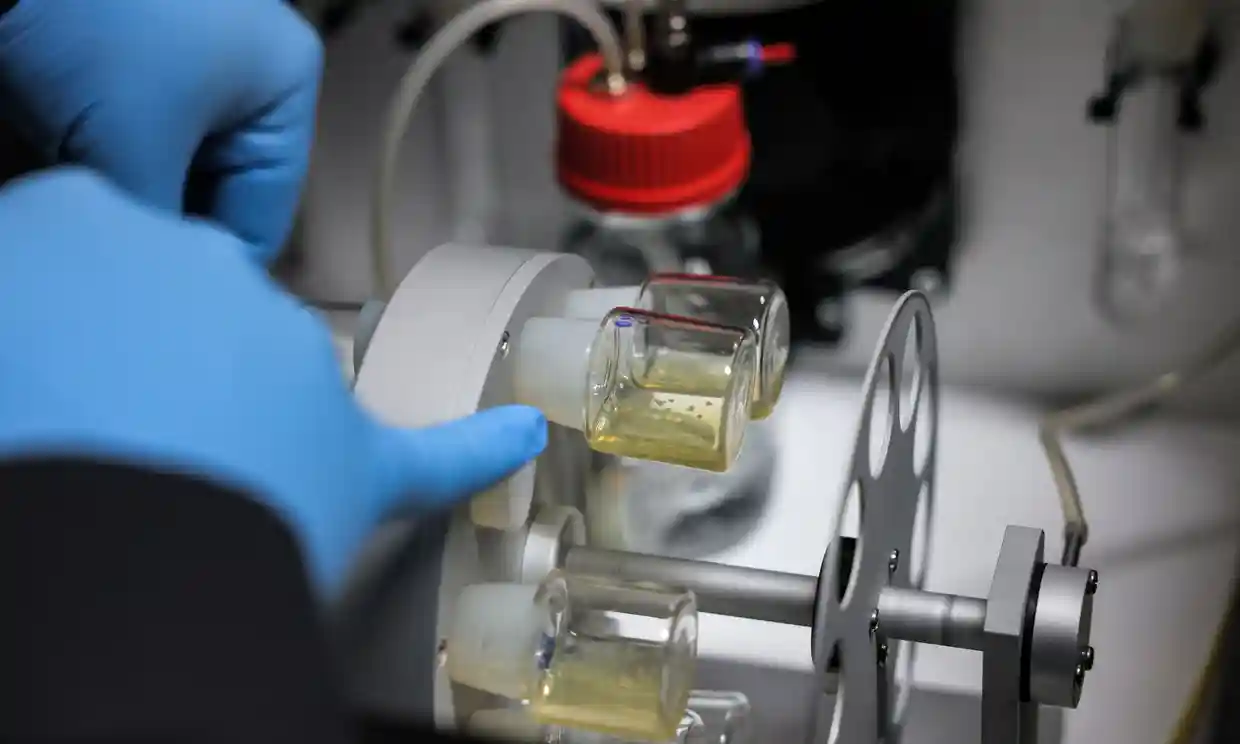
An incubator is used to grow synthetic mouse embryos in an experiment in 2022.
Stem cells are special cells with the ability to self-renew and differentiate into different types of cells with different functions in the body. This means that they can self-assemble into an embryo-like structure without the need for sperm, eggs, or fertilization.
The aim of the research is to build a model for scientists to study human embryos, something that has been difficult to do before due to ethical concerns, in the hope of understanding more about the causes of birth defects, genetic disorders, infertility, miscarriages and other problems during pregnancy.
The scientists involved in the study stressed that they had no intention of implanting the embryonic models into human wombs, and even if they did, they would not be able to create fetuses. However, the pace of discovery in this field and the increasing complexity of the models have caused bioethicists to sound the alarm, as they increasingly approach the border of creating life.
Even for research purposes, developing embryos using stem cells raises important legal and ethical questions. Many countries, including the United States, have no laws governing the creation or handling of artificial embryos. In addition, research results remain unverified, as there is no peer review.
“Unlike human embryos created through in vitro fertilization (IVF), which have a legal framework, there is currently no clear regulation governing human embryo models derived from stem cells,” warned James Briscoe, deputy director of research at the Francis Crick Institute (UK).
“There is an urgent need for regulation to provide a framework for the creation and use of stem cell-derived human embryo models,” Mr Briscoe added, calling on embryo researchers to “proceed cautiously, carefully and transparently” to prevent missteps that could have societal consequences.
Cambridge University (UK) said on June 16 that it has launched a project to develop the first governance framework for stem cell-based human embryo models in the UK.
Source link



![[Photo] Prime Minister Pham Minh Chinh chairs meeting to deploy overcoming consequences of storm No. 10](https://vphoto.vietnam.vn/thumb/1200x675/vietnam/resource/IMAGE/2025/10/3/544f420dcc844463898fcbef46247d16)
![[Photo] Students of Binh Minh Primary School enjoy the full moon festival, receiving the joys of childhood](https://vphoto.vietnam.vn/thumb/1200x675/vietnam/resource/IMAGE/2025/10/3/8cf8abef22fe4471be400a818912cb85)



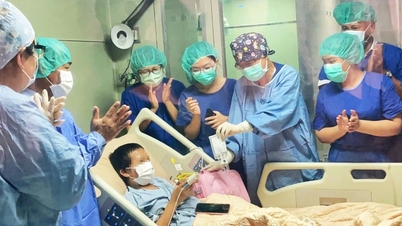

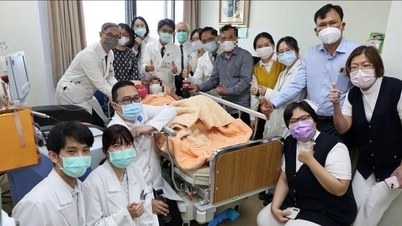





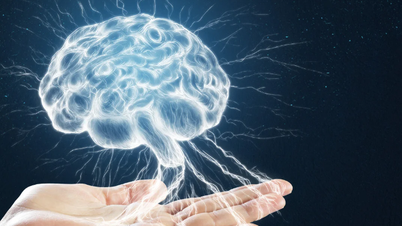
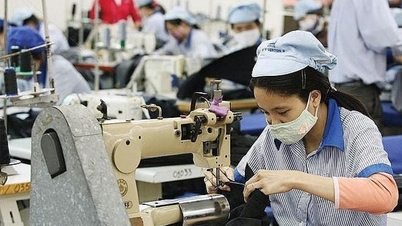






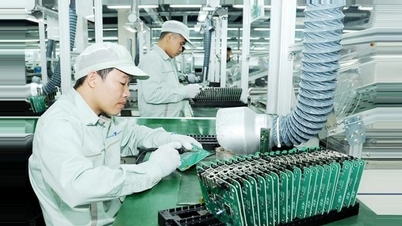













































































Comment (0)